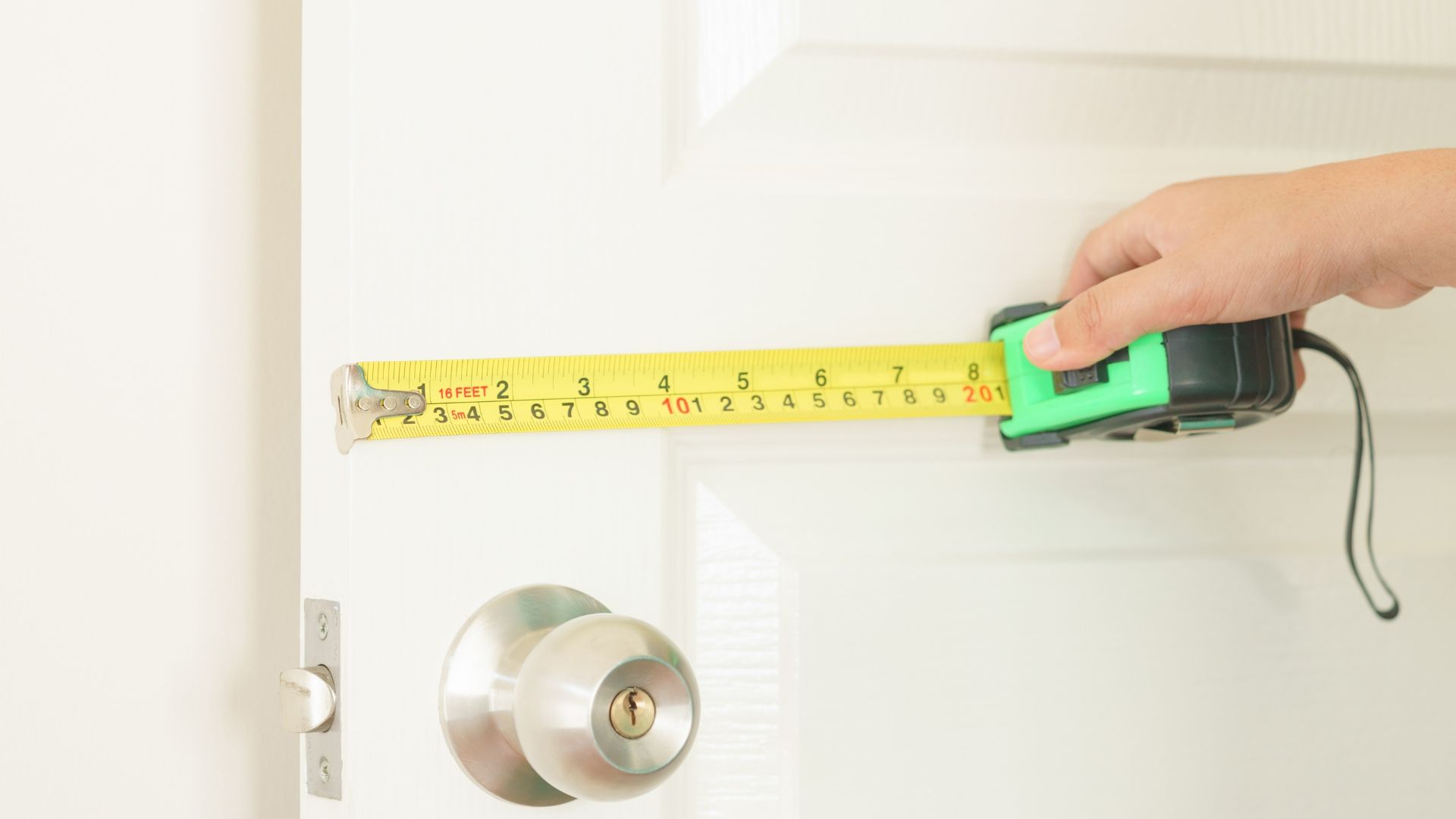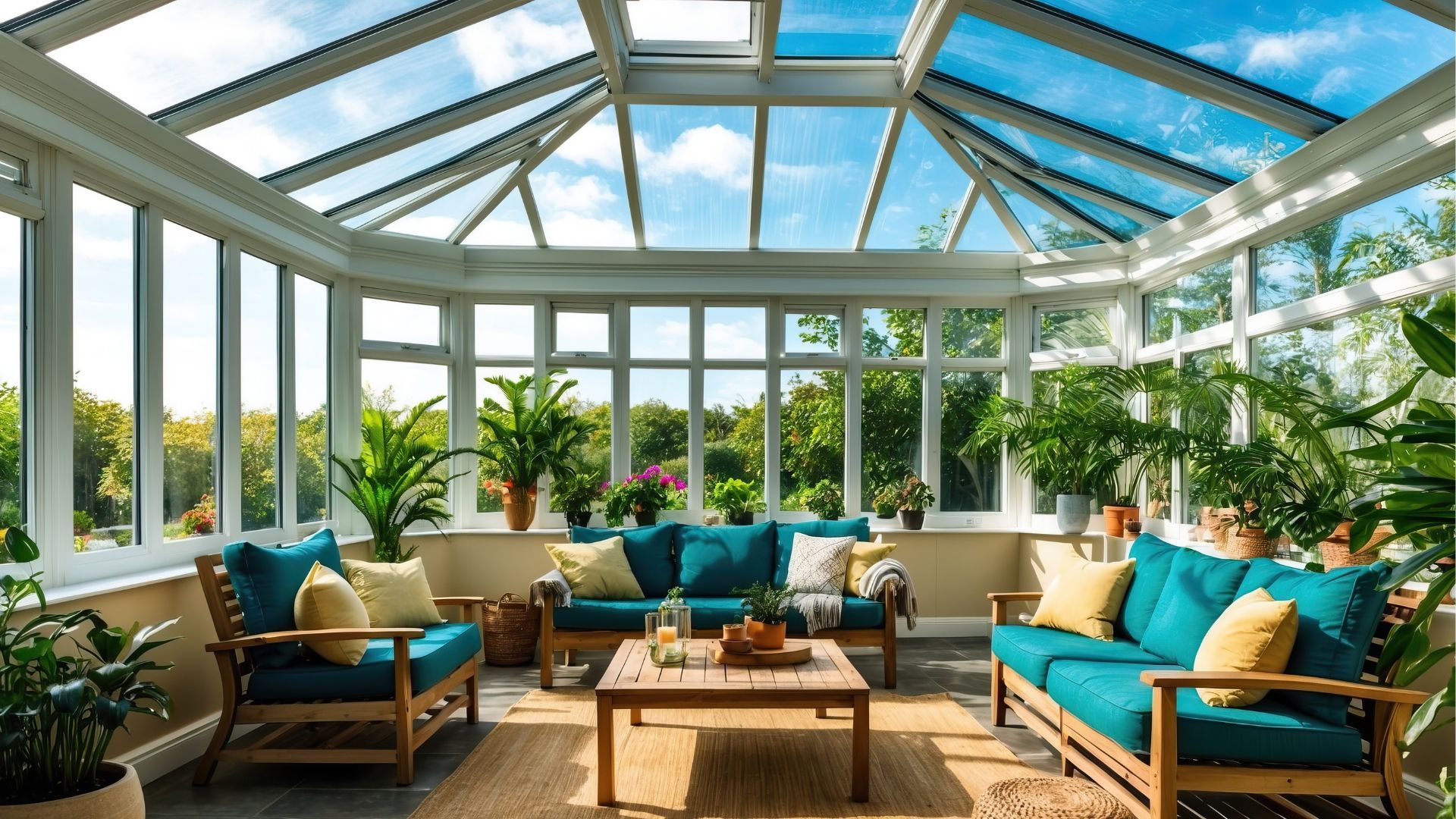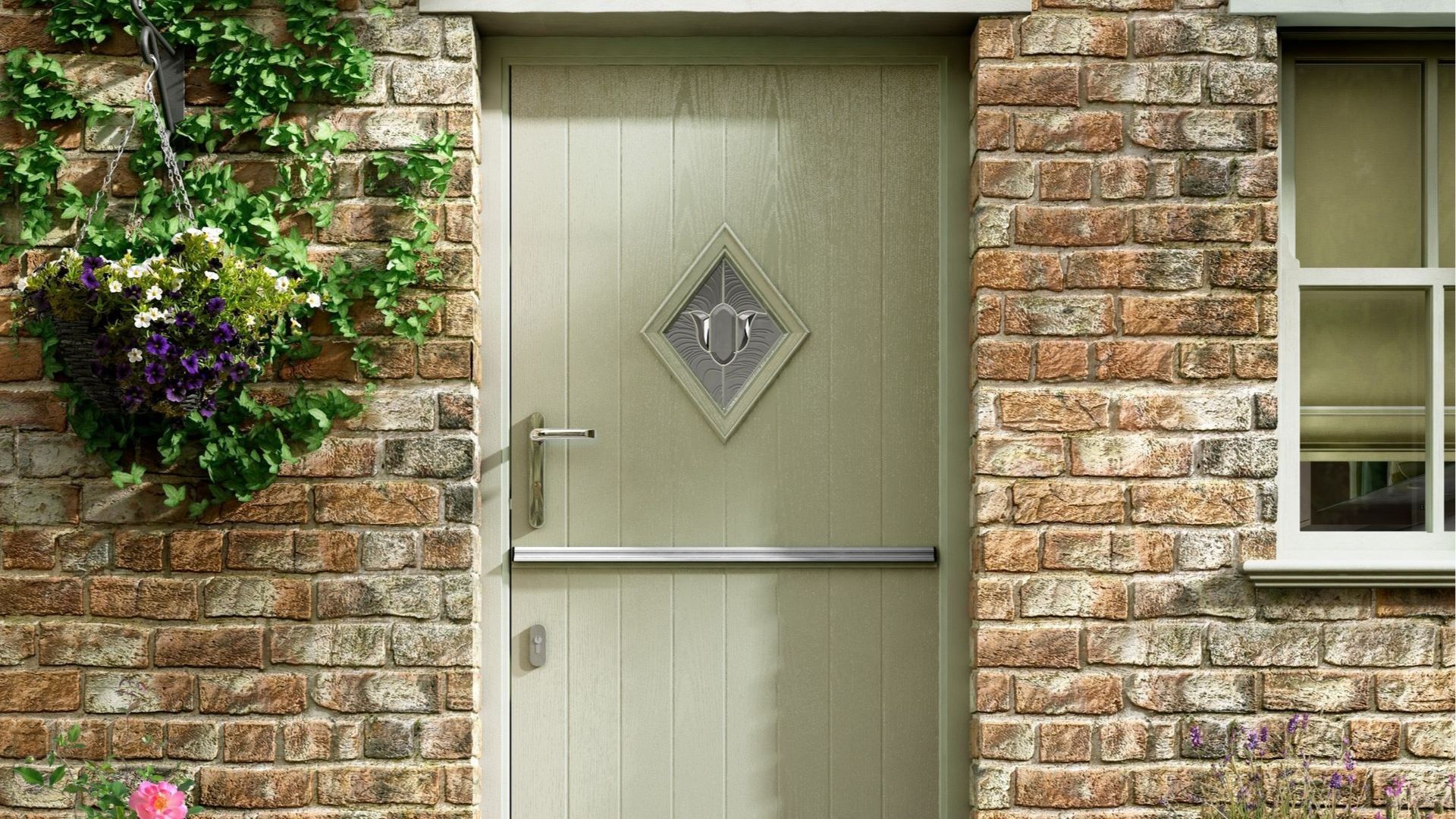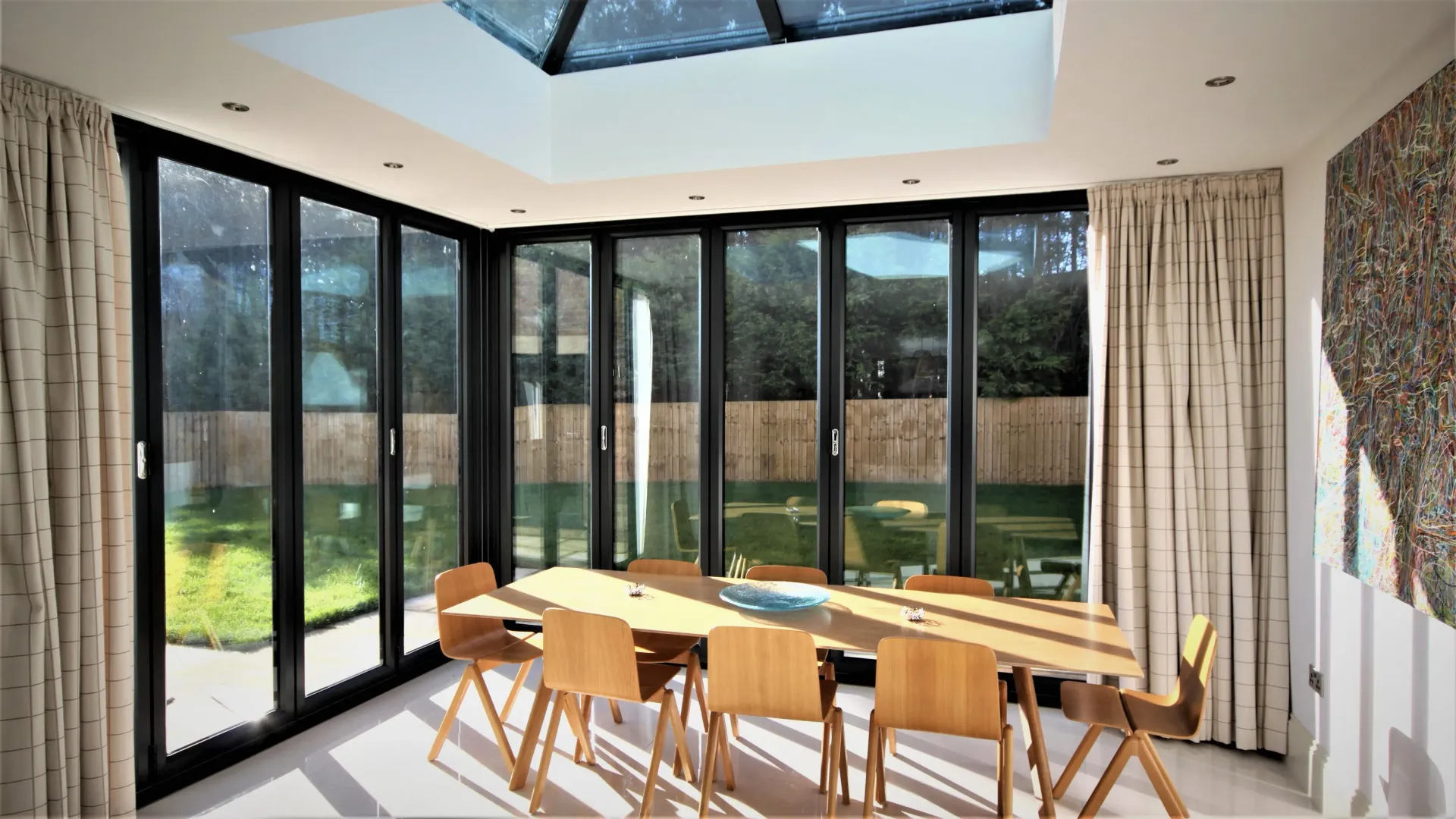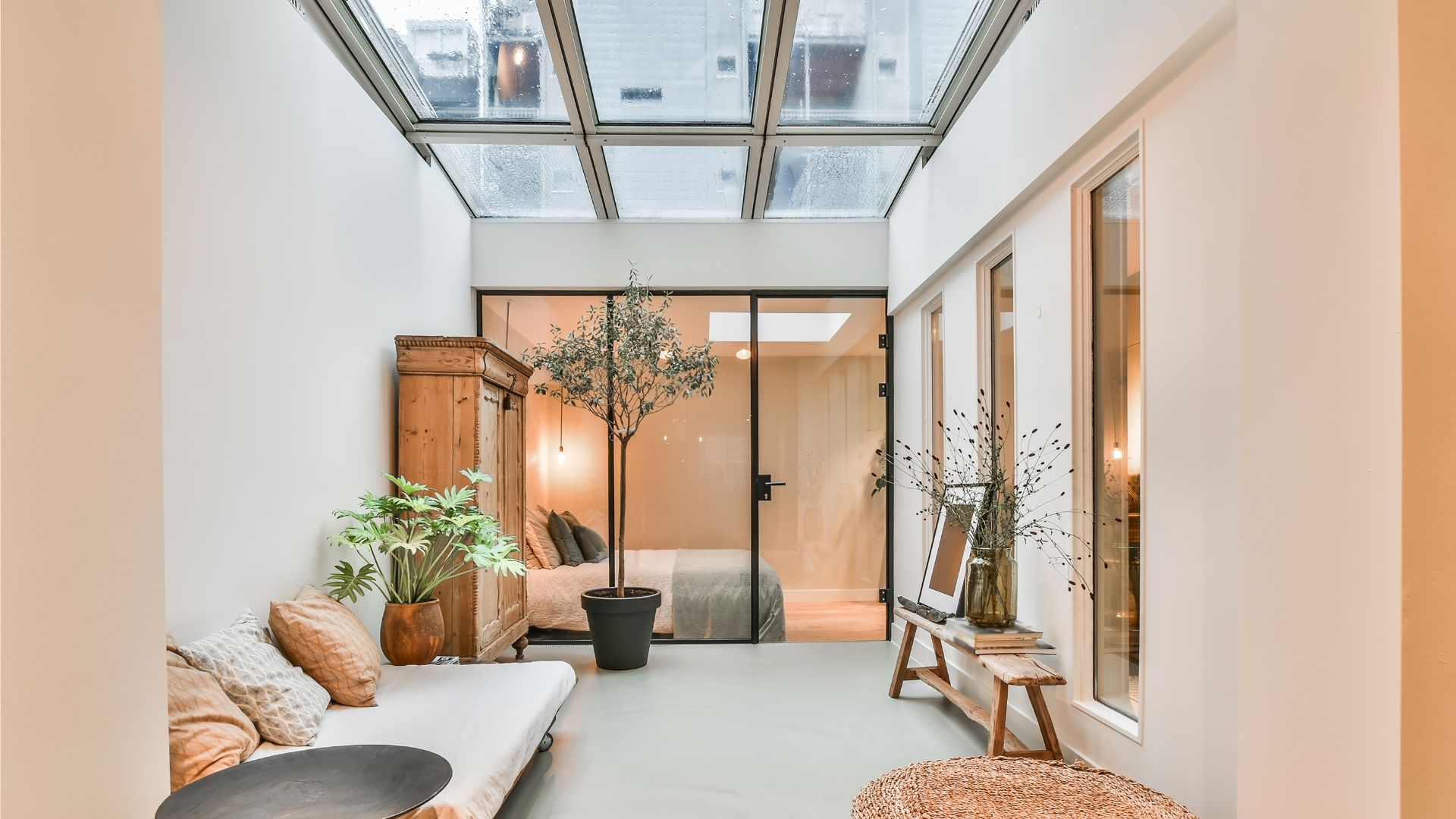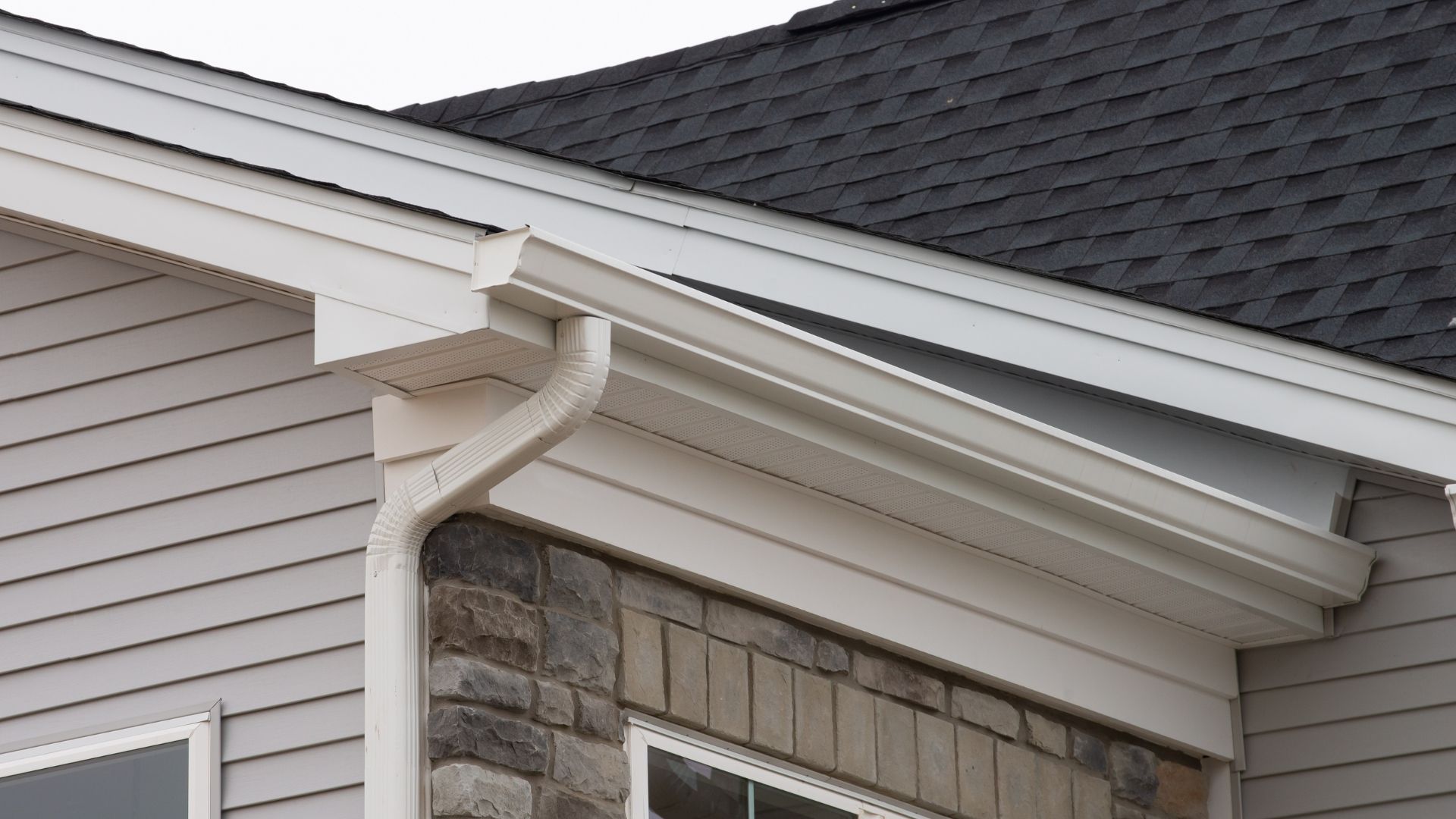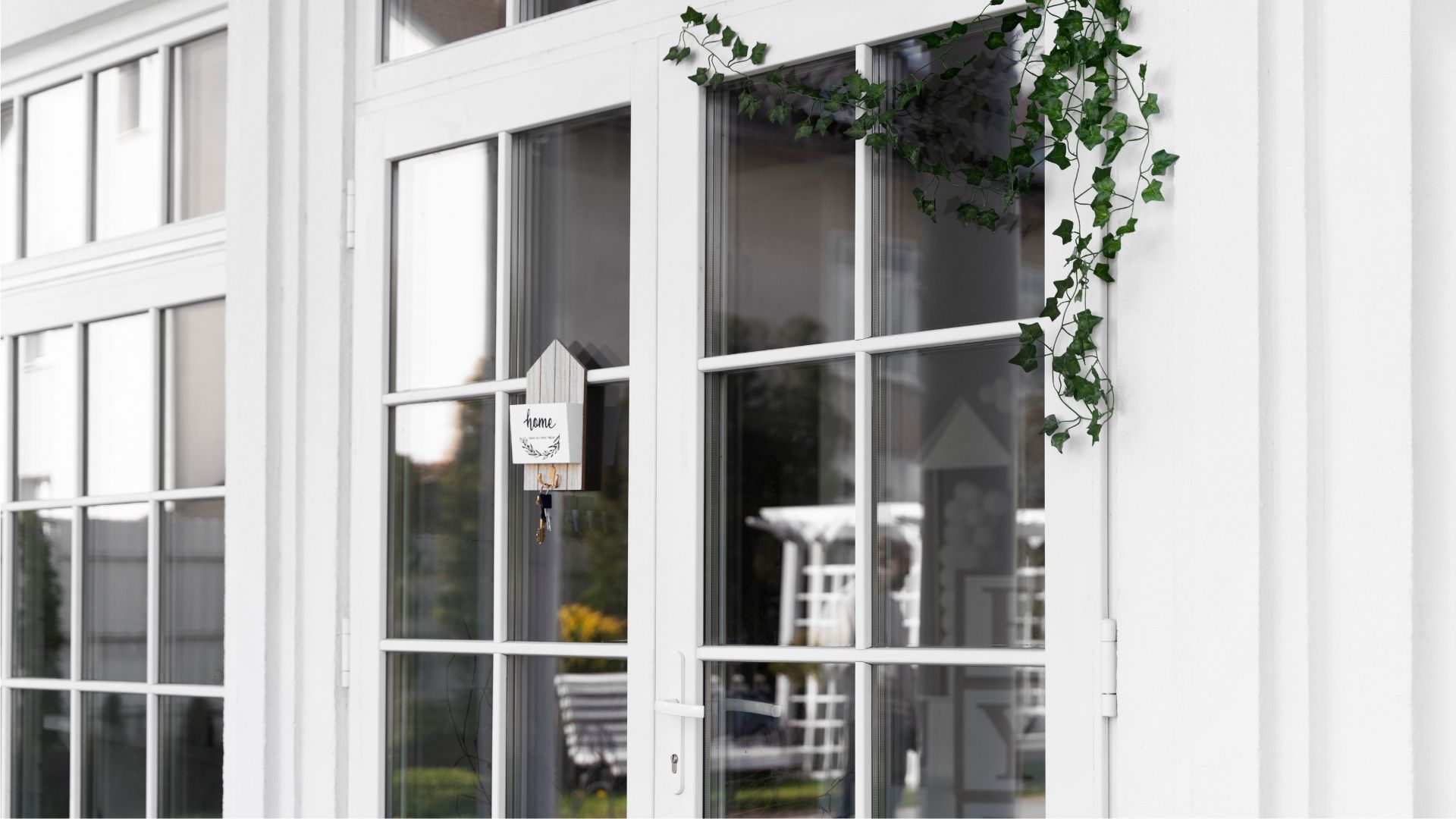How windows and doors can help tackle noise pollution
Reduce the noise pollution in your life. Find doors and windows to help keep your home a haven of peace.

When you think of pollution, what comes to mind? Floating plastic islands in the middle of the ocean? Dense cities with a thick, never-clearing haze of smog?
How about excessive noise?
Noise pollution doesn't make many headlines – but it's still a major environmental issue. In fact, the World Health Organization (WHO) recognises it as the second-largest cause of health problems after air pollution.
Why is it such a big problem? Is there anything we can do to reduce the noise around us?
This article will help answer these questions while exploring ways you can eliminate noise in your life and improve your well-being.
Why is noise pollution a problem?
Populations are swelling, cities are expanding and industrial activities are increasing. The result: noise is amplifying and we humans – as well as the animal kingdom – just can't take it.
So, whether you spend your Saturday afternoon listening to Mozart or cursing your neighbour as he trials his new pneumatic drill, it's worth keeping a close ear on volume.
Prolonged exposure to noise over 85 decibels is considered harmful to human hearing. For the record, that's about as loud as a hairdryer or smoothie blender.
Moreover, the WHO considers any sound over 65 decibels to be a potential source of noise pollution. That means anything louder than normal human conversation.
What does it do to the human body?
Hearing loss is just one of many health issues linked to high noise levels. According to the European Environment Agency, "environmental noise contributes to 48,000 new cases of ischaemic heart disease a year as well as 12,000 premature deaths".
How can something you can't see or touch be responsible for so many deaths? Studies have shown that high levels of noise interfere with sleep and can cause stress-related illnesses and high blood pressure.
No doubt that makes sense to you. We've all been annoyed (probably more than once) by the music from a rowdy late-night party or the thrum of traffic outside. Oh, and don't forget about next door's dog who just won't stop barking. It's stressful – not to mention anti-social.

We all agree that excessive loud noise is bad for us – and we all want to avoid it. But what's the solution? While we can choose to avoid loud concerts or seek out a peaceful park rather than the commotion of the city, we can't escape the noise surrounding our homes.
Or can we?
How can I leave the noise outside my home?
To understand what we can do to curb noise pollution, it helps to understand how sound works.
Sound waves travel through the air by vibrating air particles. Just as wind creates waves in the sea, sound creates waves in the air.
These waves can also travel through objects – and if the sound is loud enough, our ears can register the vibrations. However, it's much harder for sound waves to travel through objects like walls than through air. As a result, the denser the object the sound waves have to travel through, the more energy they lose and the quieter they become.
Thankfully, there are solutions that can help you reduce the noise outside your home so the external cacophony of the world doesn't impinge on your sanctum sanctorum.
What are some of these solutions?
Double glazing
Nowadays, the majority of us enjoy the benefits of double glazing. Not only does double glazing help keep the heat in but it also works to keep the noise out.
How does it do this?
As the name suggests, double-glazed windows have two layers of glass. Between those two panes of glass is a space filled with gas. These layers create a barrier that sound waves struggle to get through.
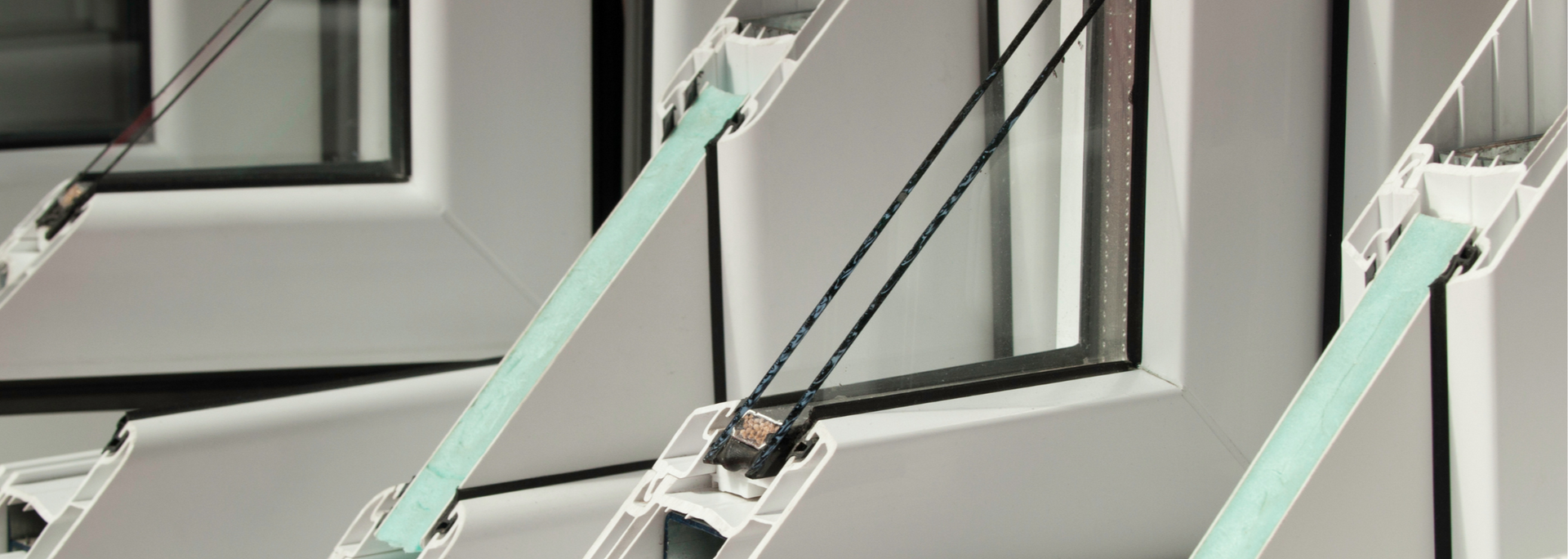
Over time, however, the seals around our windows can begin to perish and may allow noise to filter through. Also, if your windows have blown (become misty on the inside), then the layer of gas between the two panes of glass is no longer doing its job and has become ineffective at keeping noise out.
So, even if you have double glazing, it's important to check that it has been well-fitted, the seals haven't perished and the glass hasn't blown.
Triple glazing
If two layers are good then – you guessed it – three layers are even better.
Not only is triple glazing great for keeping in extra heat, but the extra insulation from the additional layer of glass and gas will also reduce noise.
It is important to note, however, that triple glazing and double glazing are not specifically made to eliminate noise. So, while they should reduce noise by an appreciable amount, it might be worth considering acoustic glass if you're really suffering.
Acoustic glass
Investing in acoustic glass is an option for particularly noise-affected homeowners.
We say "investing" because acoustic glass is more expensive than double or triple glazing. However, if your shut-eye is being disturbed that much by the noise outside, acoustic glass could work wonders for your health and well-being.
Casement windows
We've covered the glass in your windows – but let's not forget the frames. The type of frame you choose will make a difference to noise pollution levels.
Remember, we don't want any air leaks. Leakage, bad. Seals, good.
This means casement window frames are a good choice as they provide better noise reduction than sash window frames. This is because the pressure seals help to prevent air leaks.
Composite doors
"What about doors?", we hear you ask.
While composite doors are not specifically designed to prevent noise, the nature of their construction means they're no slouch in the noise-reduction stakes.
Composite doors are made with a densely packed insulating layer. As we know, the thicker the barrier for sound waves to pass through, the more energy they lose and the quieter they become.
This means composite doors provide multiple benefits. They promise better thermal performance, greater security due to their strength and the bonus benefit of noise reduction because of their thickness.
Ensuring windows and doors are installed properly helps prevent the air leaks that heighten noise pollution. That's why the installer you choose is just as important as the products they install.
Choose a company you can trust to fit your doors and windows correctly. At Calder Windows, we have more than 30 years of experience providing high-quality door and
window installation in West Yorkshire.
Get in touch today for a quick, fair quote.
Get a FREE quote
Are you on the lookout for uPVC window fitters in Wakefield or West Yorkshire? With over 30 years' experience and an extensive range of uPVC windows, we can help. Request a quote today or apply for finance and spread the cost.

